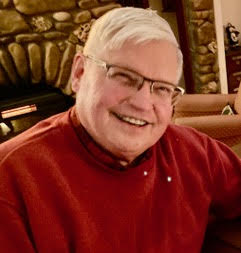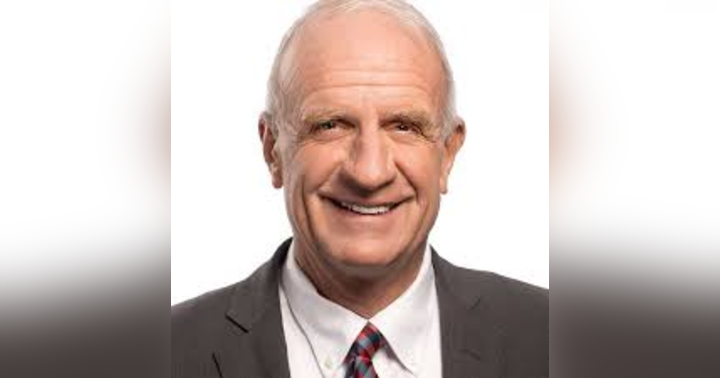Rebalancing Our Lives: Neuroscience, Stress, and Social Wellness on To Be snd Do Podcast

If you’ve ever wondered why stress seems to be growing, or how trauma and addiction impact our daily lives. This episode of the To Be snd Do podcast provides fascinating insights on these questions. Host Philip Amerson welcomes Dr. Steven Curtis, a neuroscience-trained clinical psychologist, whose decades of work offer a valuable perspective on how stress affects the brain, how performance anxiety shows up beyond the sports arena, and why community matters more than ever.
Here are three key takeaways from their discussion:
1. Chronic Stress and Trauma Alter Our Brains—And Our Lives
One of the episode’s biggest revelations is just how deeply chronic stress, trauma, and addiction rewire the brain. Dr. Curtis explains a teeter-totter dynamic between the emotional and rational regions; with chronic stress, the “emotion brain” becomes overactive and the “rational brain” weakens. This imbalance impacts everything from thinking clearly to managing everyday tasks. Dr. Curtis gives real-world examples, like Navy SEALs returning from multiple combat tours, struggling with risky behaviors and poor decision-making, all stemming from persistent neurological changes.
What’s striking is that this isn’t a niche problem. Both pandemic anxiety and technology use (like our ever-present cell phones) have amped up background stress for most of us, leading to physical ailments, memory lapses, and, sometimes, mistaken concerns about dementia.
2. Performance Anxiety: Not Just for Musicians and Athletes
The episode draws compelling parallels between athletes, musicians, and everyday high achievers, showing that “choking” under pressure isn’t limited to competitive settings. Musicians at Indiana University’s renowned School of Music face high stakes—losing auditions, struggling with memory—as anxiety takes its toll. Dr. Curtis notes how even seniors fear declining memory, often mistaking stress-induced forgetfulness for serious cognitive decline. In testing, anxiety itself can impair performance, highlighting the importance of managing emotional states before jumping to conclusions about neurological health.
Most encouraging, Dr. Curtis shares that many clients worried about dementia simply need support to rebalance and reduce anxiety, enabling clearer thinking and better memory.
3. Stress Is a Public Health Crisis—But Community Still Matters
Building on the podcast’s core theme, Amerson and Curtis discuss how our culture’s emphasis on independence often overlooks our shared vulnerability to chronic stress. Isolation—whether from Covid or constant tech engagement—makes empathy and connection harder. Dr. Curtis warns that performance suffers not just for individuals, but across society when fear drives us inward.
Yet, there’s hope: addressing stress and promoting interdependence can improve both personal and social well-being. The upcoming conversation in the next episode promises practical steps for self-motivation, community support, and tools for rebalancing, offering listeners a way forward.
Final Thoughts
This episode of To Be snd Do reminds us that chronic stress, trauma, and addiction profoundly impact more than just our brains—they shape our relationships, our capacity to perform, and our overall society. As Dr. Curtis’s research and clinical work reveal, recognizing (and remedying) these challenges is about more than self-help—it’s about rekindling our sense of community. Don’t miss the next episode for strategies on cultivating self-control, motivation, and communal resilience to overcome the anxieties of our times.








